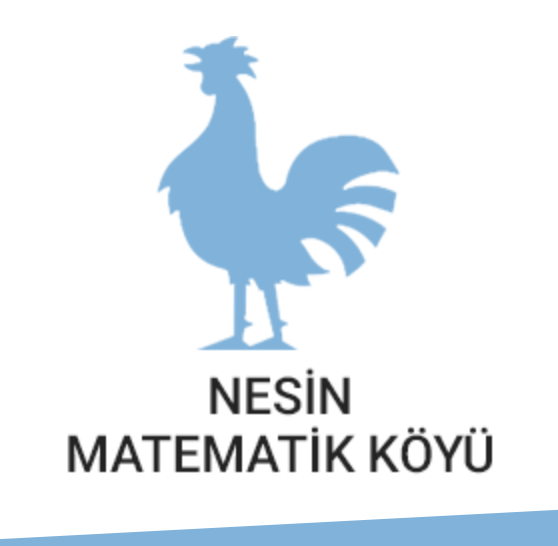2-8 September 2019
Title of the course: Fundamental Mathematics for Life Sciences: Probabilities
Instructor: Dr. Andrés Aravena
Institution: İstanbul Ü.
Dates: 2-8 September 2019
Prerequisites: High school algebra. Curiosity.
Level: Advanced undergraduate, beginning graduate
Abstract: This course teaches the mathematical concepts that young biologists will need to do high-impact science in the 21st century.
Data is cheap and abundant. Scientific value comes from extracting meaningful information from this big data. People have developed several computational tools to do this data mining, but computers alone do not solve problems. Mathematics solves problems, and then computers do it faster. The question is not how to find the correct program. Instead, we have to find the correct model.
In this new situation, young scientists need different training than previous generations. They need to understand, use, and sometimes create mathematical models that allow them to interpret their results and add value to their science. In this course we will teach the concepts that are the base of many important models. We will teach classical logic and how it can be extended to become probabilities. Then we will talk about the meaning of conditional probability and independence, join probability and Bayes Theorem. Next, we will talk about expected values, variance and entropy. Next content is the Law of large numbers. We will show some Classical distributions, such as Bernoulli, Binomial, and Hypergeometric. A short discussion on the Central Limit Theorem will lead us to show the Normal distribution. If time allows, we will talk about Parametric statistical inference, in particular, confidence intervals and Hypothesis testing.
As a final project, we analyze gene expression and determine confidence intervals for the differential expression of genes.
Language: EN
Textbook or/and course webpage:
• “Probability Theory: The Logic of Science” by E. T. Jaynes, 1999
• “How to Solve It” by G. Polya, 1945
• “Introduction to Mathematical Thinking” by Keith Devlin, 2012

